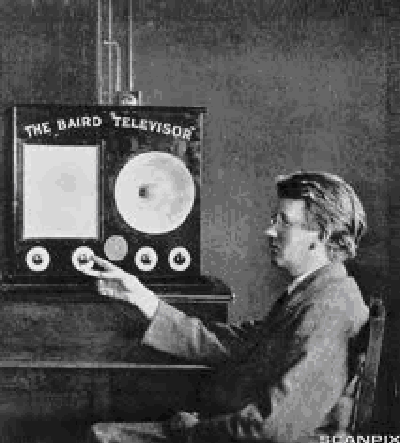|
An EU
group of experts has been looking at Higher Education. The High Level
Group on the Modernisation of Higher Education is chaired by the former
Irish President, Mary McAleese.
The group, which was founded last September
by Education Commissioner Androulla Vassiliou, has consulted widely with
stakeholders as part of its work. It found that many higher education
institutes place insufficient emphasis on teaching in comparison with
research, although both are core missions of higher education. "This
needs rebalancing. The role of teaching in defining academic merit needs
a stronger emphasis and recognition, especially in career terms," said
the commissioner.
The high-level group will now begin work on
the second part of its mission, which is focused on how to maximise the
impact of new methods of delivering quality higher education, such as
massive open online courses (MOOCs), which enable people to access
higher education from their home. Partners in 11 countries recently
launched the first pan-European MOOCs with the support of the European
Commission.
The EU agenda for the modernisation of
higher education identifies areas where EU countries need to do more to
achieve their shared objectives, and sets out how the European Union can
support their modernisation policies. Priorities include improving the
quality and relevance of higher education, so curricula meet the needs
of students, employers and the careers of the future, as well as
increasing the number of graduates. It promotes stronger cooperation
between universities, businesses and research right across the EU.
It
might, on the surface of it, sound a bit ethereal, but this group has
mapped out pathways for improving quality in teaching and learning as it
seeks to build new and better opportunities for young people across
Europe.
Education, like work, has to evolve and change over time. What was
appropriate a century ago is no longer what is in demand in Scotland. We
trained people to handle heavy industry jobs in the shipyards, on the
railways, in construction because those were the essential skills for
the time.
Since
then, we’ve seen the economy shift away from those occupations into
services like IT, finance, the law and an increasing emphasis upon
academic achievement rather than vocational skills.
We
need innovation, invention, discovery, smart thinking out of the box -
abilities that Scotland has always had in abundance. Ways in which we
might better apply those kinds of skills in a global economy.

Scottish inventor of the television, John Logie Baird
Scots
have invented or discovered the steam engine, the bicycle, telephone and
television, penicillin and insulin as well as things like coal-gas
lighting, Europe’s first passenger steamboat and the first iron-hulled
steamship.
We
also produced the first edition of the Encyclopaedia Britannica, the
first English textbook on surgery and even Dolly the Sheep.
More
recently, we have become a world-leader in renewable energy technologies
and continue to break down barriers in disease prevention and treatment.
The ultrasound scanner came from Scotland, as did the MRI body scanner.
I
could go on. The central point is straightforward: if you want to be a
small country with resoundingly big, world-changing ideas, then stimulus
and an exciting environment for discovery is vital.
Scotland offers it in its universities and they attract students from
across Europe and indeed the world. That means there is a continual
melting pot of new ideas that has expanded to include international
cultures and thinking.
The
European Union allows us the opportunity to tap into the kinds of
institutions, learning and research that gives us access to a vast
marketplace and into the research and development of others.
This
expert group has come up with some very solid recommendations driving
forward sustainable support for higher education institutions’ efforts
to improve the quality of teaching and learning.
The
members want to see more cognisance of student feedback, every teacher
holding a teaching qualification – already the case in Scotland’s
state-run schools – ongoing training for staff as mandatory – already
the case in Scotland – curriculum development that reflects the labour
market demand, all towards ensuring that students acquire relevant
skills that enhance their employability.
But
perhaps most concrete of all is the recommendation that: “The European
Union should support the establishment of a European Academy for
Teaching and Learning led by stakeholders and inspired by the good
practices reflected in this report.”
That,
I believe, would be a significant step forward in creating a far more
pan-European concept of higher education. No member country should be
isolated. The more we create together, the more we all learn and
benefit.
www.tasmina.eu |

